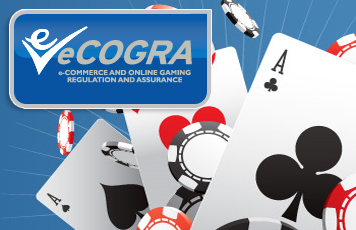Online gambling companies try to compete and access niche markets, with the practice of white labeling. But the players view this as another layer of management and a potential risk of suspicion.
The professional team of eCommerce Gaming Regulation and Assurance (eCOGRA) have been studying the question of white labeling to find a practical solution that will assure players, and is of growing importance.
Two models that characterize the concept of white labeling:
The turnkey provider is successful and one most likely to reassure the player. It has a good track record that directly or through a major licensee sets up a while label solution similar to the (skins) in an affiliate marketing relationship.
The turnkey provider stands behind the product client, providing all gaming, support and backend services, which includes money processing. Which this leaves the owner of the white label operation free, so they can concentrate on marketing the site and attracting players. This objective is to protect both the player and reputation, by taking precautions against unethical practices like deception, spamming and distasteful marketing.
The other model is a riskier course all too prevalent at the lower end of the market. The white label is set up with games and a back-end by the turnkey provider, but handles payment processing, occasional support independently.
The player is at a disadvantage should things go wrong.
Read this article: http://www.ecogra.org/newsletter/04.html

